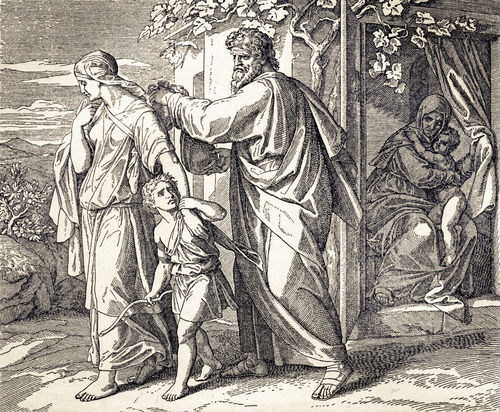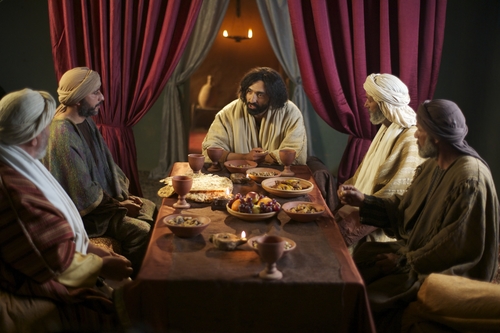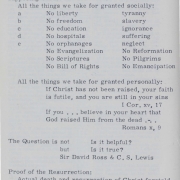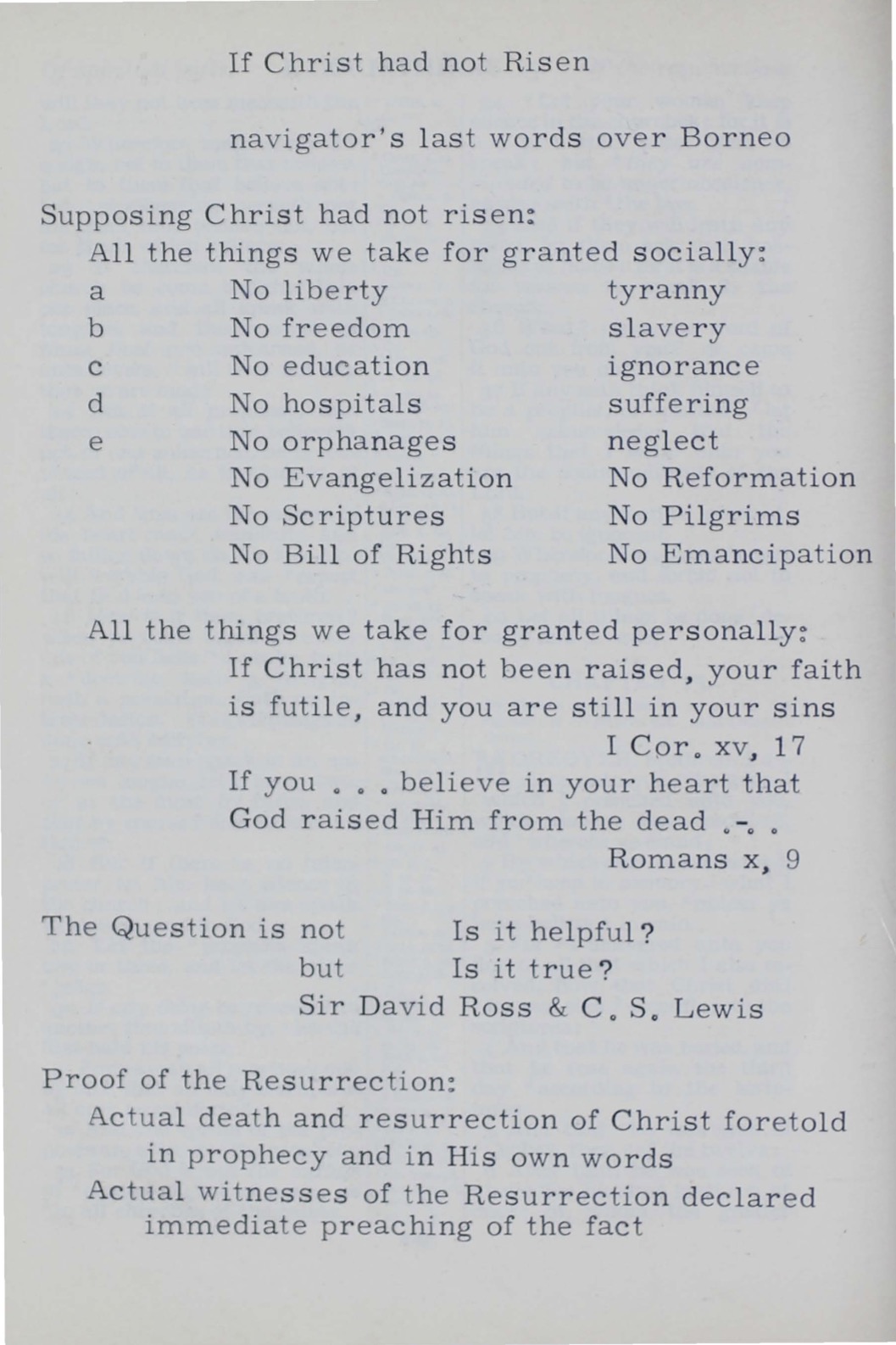Handle With Care
Dear Pastor, Preacher, or Bible Teacher –
Here is a thought for your Monday, following a weekend of serving God, His people, and a needy world…
Do you know the story of how the parents of Moses put him in a basket and set on the Nile River so he could be found by Pharaoh’s daughter? They did this to escape the command to kill every Hebrew boy at birth. It’s all in Exodus 1 and 2.

There was one ancient Christian writer who had a fanciful and allegorical way of interpreting the Scriptures. What he did with this account of Moses and Pharaoh’s daughter is a good example of the danger of over-allegorizing the Bible. Here is how he taught the story of Exodus 1-2:
- Pharaoh represents the devil.
- The male and female Hebrew children represent the animal and rational aspects of the soul.
- The devil wants to kill the rational character of man but keep alive his animal character.
- The two midwives are the Old and New Testaments.
- Pharaoh wants to corrupt the midwives so that the rational character of man will be destroyed.
- Because the midwives were faithful, God builds houses of prayer all over the earth.
- Pharaoh’s daughter represents the church, and gives refuge to Moses – who represents the law.
- The waters of the Nile represent the waters of baptism.
- When we come to the waters of baptism and take the law into our heart – the royal palaces – then the law grows up into spiritual maturity.
Does that really make sense to you?
I think that Adam Clarke was right when he said of this kind of interpretation: “Every passage and fact might then be obliged to say something, any thing, every thing, or nothing, according to the fancy, peculiar creed, or caprice of the interpreter.”
There is definitely a place for the allegorical understanding of the Bible. But we should never present such allegories as the primary meaning of the text, as the most important meaning of the text, or as the deepest meaning of the text.
It’s God’s word – handle it with care!
Blessings to you in Jesus’ Name – David Guzik
Click Here to Receive Email from David for Pastors, Preachers, and Bible Teachers


















